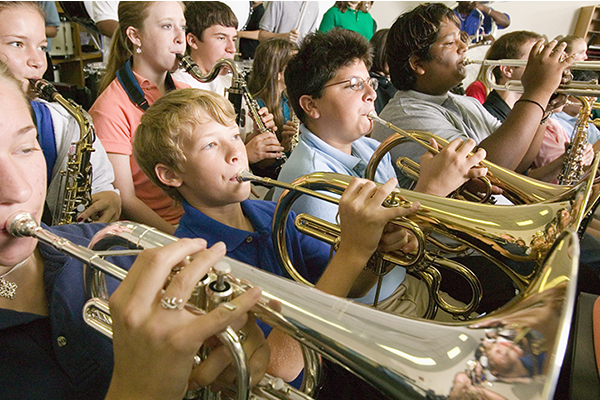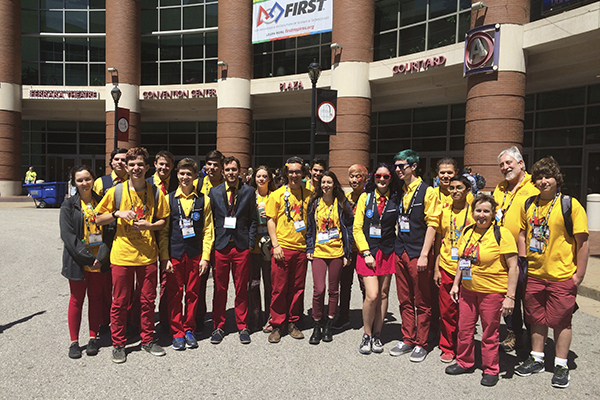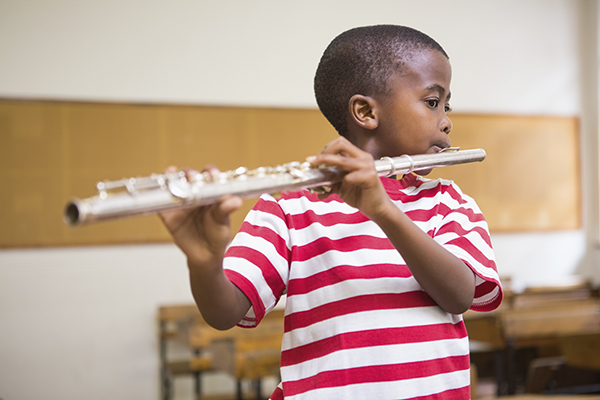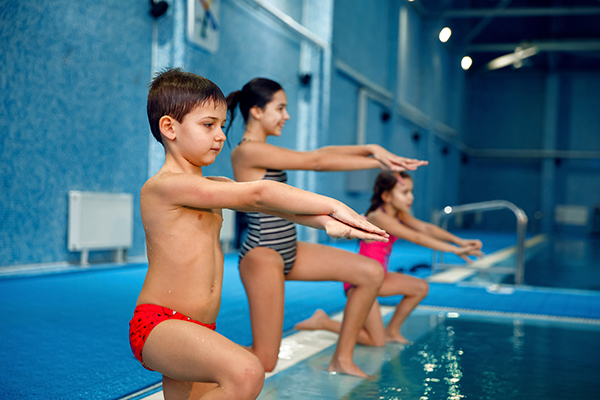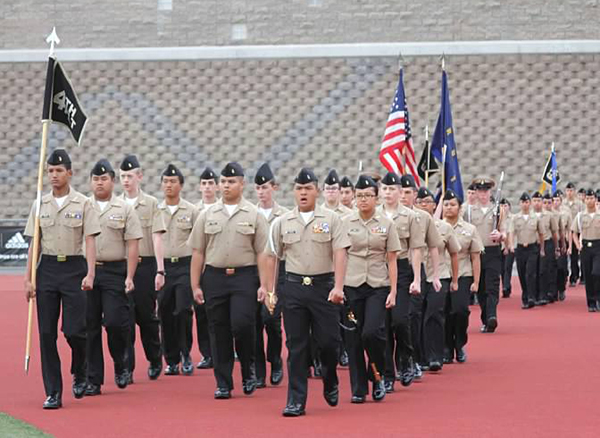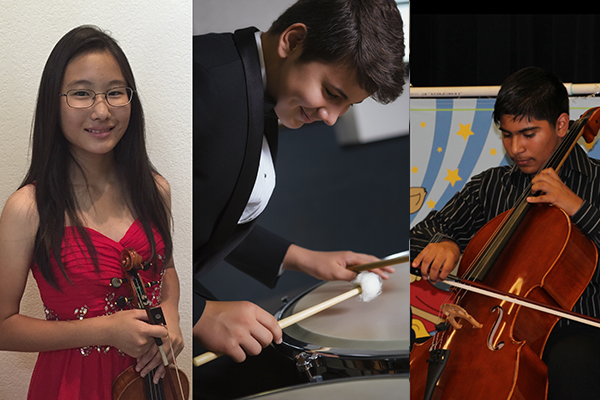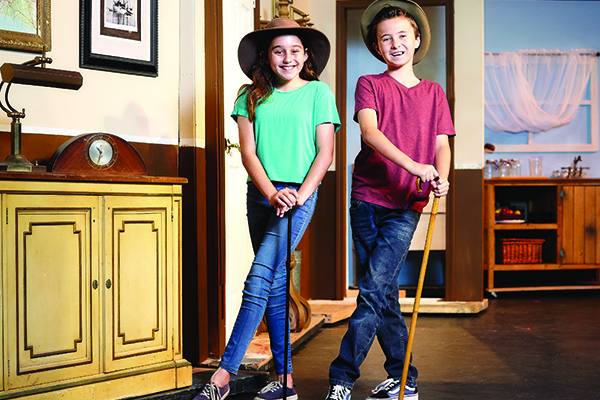
The performing arts are intrinsically valuable for the beauty and fulfillment they bring, but researchers have observed that theater training and education are also valuable. Here are five benefits to kids who participate in theater arts.
Empathy
When kids portray characters onstage, they practice putting themselves in others’ shoes. Children who study theater tend to display higher levels of empathy later in life. In a 12-year study, UCLA professor James Catterall followed high school students who participated in performing arts training into their adult lives to compare them to students who did not participate. Among other benefits, he noted that performing arts training made a positive difference in the students’ ability to understand the feelings of others.
Academic Performance
Participation in drama boosts kids’ feelings of belonging and keeps them motivated at school. It also bolsters their ability to read and understand complex texts. According to the American Alliance for Theatre & Education (AATE), students who participate in performing arts have higher rates of school attendance, better SAT scores, improved communication skills and better reading comprehension. All great reasons to sign up for the school play!
Self-Esteem
Performing onstage is frightening for newcomers, which is why students feel an immense confidence boost after they practice hard, work together, and successfully stage a play for friends and family. James Saba, executive director at San Diego Junior Theatre says theater training helps children gain confidence, build camaraderie, learn leadership, practice teamwork and build a skill set not only for a theater stage, but for the real world.
Building Bridges
According to AATE, the benefits of drama education are especially positive for at-risk students. Students with learning disabilities are more likely to maintain or improve their reading skills when they participate in theater. Children of low socio-economic status show higher levels of motivation and confidence when they take a drama class. And at-risk students showed improved attitudes when they were exposed to theater training.
Goal-Setting
Drama students work together to meet rehearsal deadlines, master challenging scenes and develop a work of art in a limited timeframe. That is, they use teamwork to accomplish big goals. They also learn to set smaller goals for themselves as individual performers. For instance, a student might need to improve her dance skills for one show, and work on delivering a moving monologue for another. Disappointing auditions are part of the process, but they motivate students to hone their skills and cultivate better goal-setting techniques.
___________
Anne Malinoski is a local contributing writer and mother of two boys. She participated in youth theater and still loves to attend live performances.
___________


